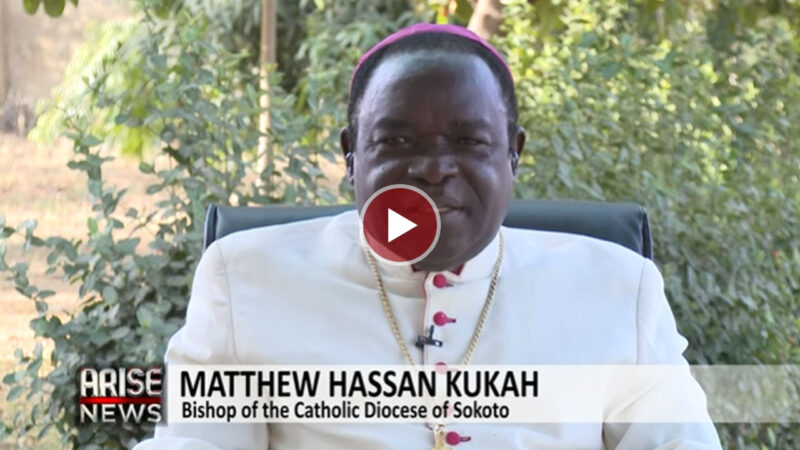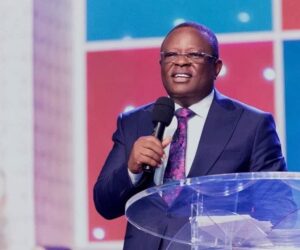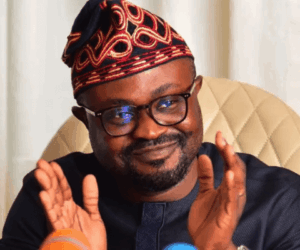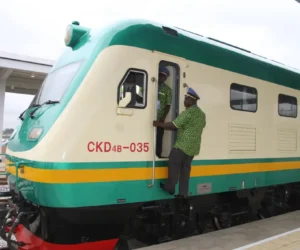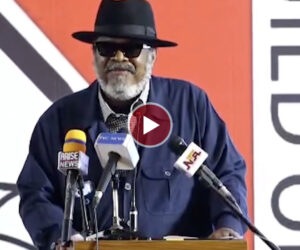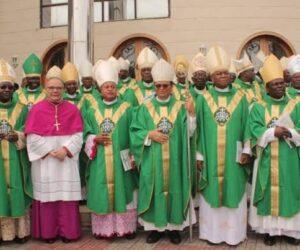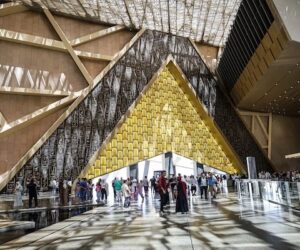
Catholic Bishop of Sokoto Diocese, Matthew Hassan Kukah, has said that Nigeria has entered a lull, a temporary period of reduced conflict and violence, but warned against assuming the country’s insecurity woes are over, despite recent improvements in the fight against insurgency and banditry.
Speaking in an interview with ARISE NEWS on Wednesday, the clergyman was responding to President Bola Tinubu’s Independence Day speech that asserted that the threat of insecurity in Nigeria was “now over.” Kukah, however, warned that such a conclusion would be premature.
“Nobody can say the threat is over,” he declared. “We have entered a lull, and major progress has been made. There is a substantial sense of lull but not that insecurity is over. Only yesterday, a young Fulani boy who is still being held said he had to climb a tree to call me. Let’s appreciate the fact that we are in a fairly better place, but there is still a lot to be done.”
The Bishop stressed that insecurity in Nigeria is far more complex than the popular focus on guns and violence, describing it as the product of deeper structural decay. “What we are facing in insecurity is actually evidence of a rot that crept into this country over a pretty long period of time. It isn’t easy to think of what kind of road map we can create for the future.”
He explained, “We have not seriously understood the context of what we call banditry and insecurity. What we call insecurity is many narratives put together. It’s not just about guns and bullets. We have militarised the conversation, where we think of insecurity as the return of quietness after the shootings, but it is a much more complex phenomenon than that.”
The Bishop also called for collective responsibility, stressing that governance cannot be left solely in the hands of the government. “Wherever we find ourselves, governance is about mending, fixing and being on the road. We should collectively assign ourselves responsibilities. Let’s reduce pressure on just looking at the government. Let’s think of our personal responsibility. Governance is not what government does for us; they can only create opportunities for us in what we want to do,” he said.
He linked corruption and insecurity to societal complacency. “There’s too much focus on the government with little attention being paid to the fact that corruption wouldn’t be where it is if Nigerians took certain responsibilities. It is a collective effort. It is a work in progress,” he emphasised.
Nancy Mbamalu
Follow us on:

